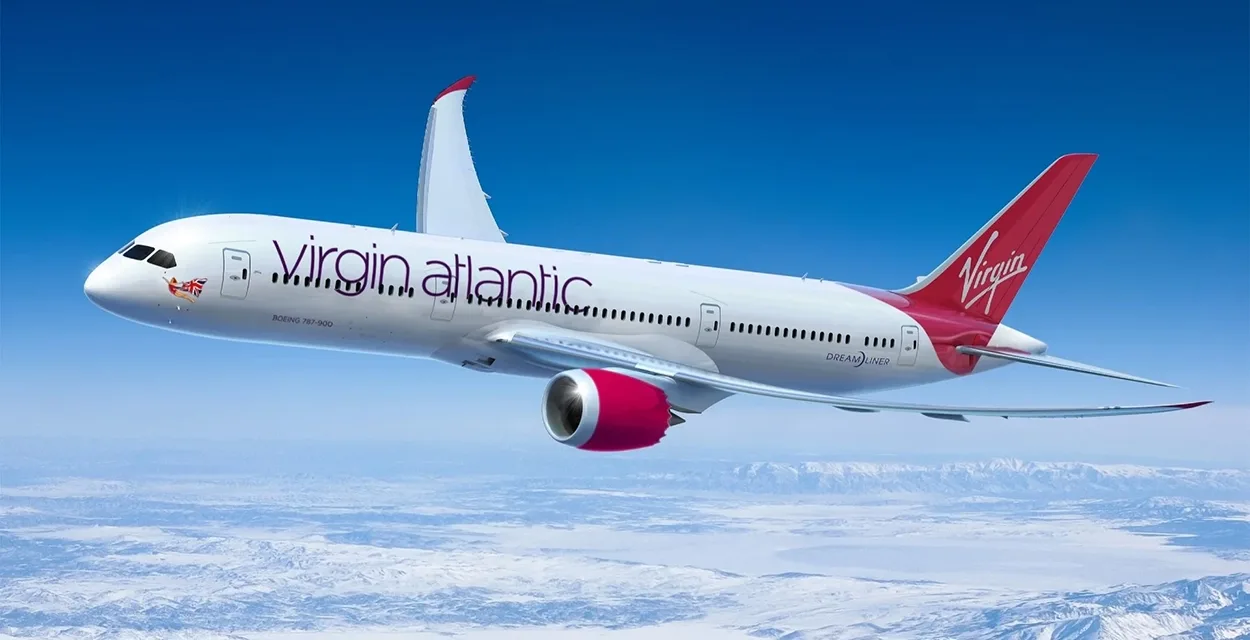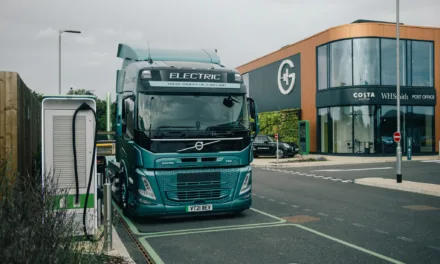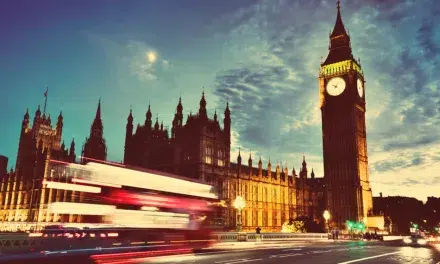Today, Virgin Atlantic will make history as the first major airline to cross the Atlantic using 100% sustainable alternative fuel (SAF), an important step towards slashing the sector’s emissions.
The UK-based carrier has previously made strides in the sector through leading a consortium alongside Boeing, Rolls-Royce, the University of Sheffield, Imperial College London and the Rocky Mountain Institute. According to the Roundtable on Sustainable Biomaterials (RSB), SAF produces approximately 85% less carbon emissions when compared to conventional jet fuel, indicating a greener future for the sector as a whole.
As major airlines look towards achieving their targets for emission reduction, carriers from across the world are continuing to invest into the SAF market and experiment with new fuel sources. Last week, Dubai-based carrier Emirates undertook an industry first in the form of a half-hour test flight powered by 100% SAF on an Airbus A380.
On the supply side, Air France – KLM built on their relationship with DG Fuels through an additional $4.7m investment to fast-track the construction of their SAF plant in Louisiana. The association of Asia-Pacific Airlines (AAPA) have also set a target for its members to adopt a 5% SAF usage target by 2030. Jared Ailstock asserts that we should expect to see further investment within the SAF sphere going into 2024 as jet fuel prices continue to soar.
Despite this, the SAF market may face several obstacles as investor’s look to scale up the sector. Research from KPMG found that biofuels are subject to ‘real availability and scalability challenges, as well as supply chain bottlenecks and questions over the sustainability of feedstocks’.
Advertisement
Within the UK, home of Virgin Atlantic, no dedicated SAF plants are in operation despite the government’s desire to have five under construction by 2025. According to Shai Weiss, chief executive of Virgin Atlantic, the industry faces a significant supply problem and requires radical collaboration and strong government support in order to meet 2030 emissions targets.














